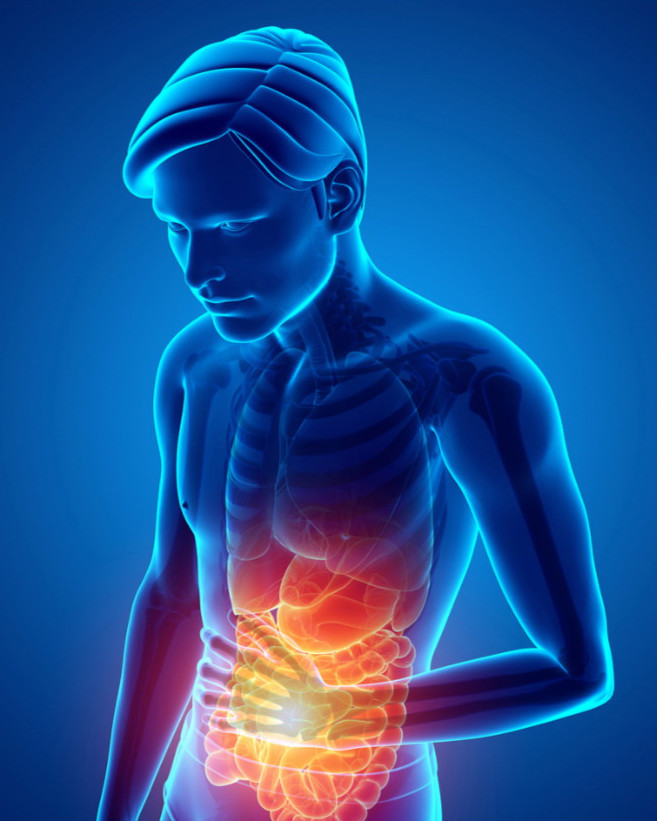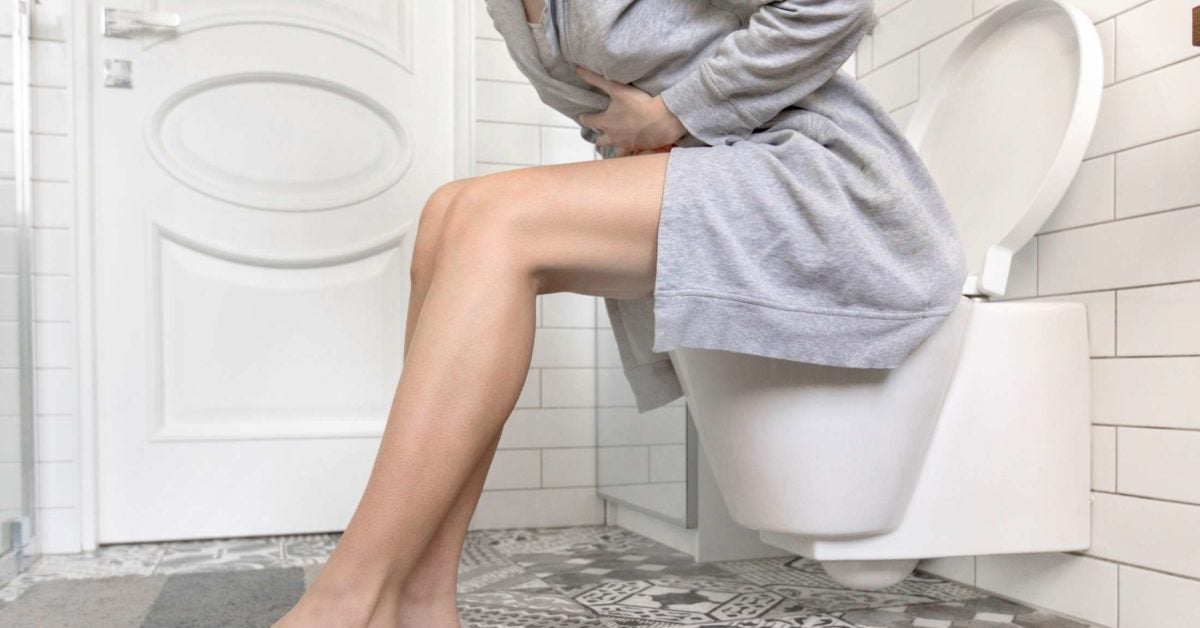

No trolling and no reposting of trolling and/or transphobic content. This includes personal and general judgments about weight, surgeries, and appearance. Among other things, this includes differences of identity, experiences of having or not having gender dysphoria, experiences of transition, and the choice to be out or stealth. If you criticize, make it constructive criticism. Absolutely no personal attacks, insults, or threats. FILTERING LINKSīe polite and practice mutual respect. It contains advice on questioning, coming out, passing, testosterone, surgery, legal proceedings and more and contains various other resources and items of interest.Īnother good place to look for a wealth of information is the ftm LiveJournal community.

For pelvic floor dysfunction, pelvic floor physical therapy can be extremely helpful to foster relaxation and “down-training” of the spastic pelvic muscles.Welcome to /r/ftm, a support-based community. If a stone, stricture or diverticulum is found within the urethra, surgery is often indicated. Atrophic urethritis can be addressed with topical estrogen. Interstitial cystitis is a complex situation with multiple potential treatment options. Anti-inflammatories are often useful as well. At times, a prostate relaxant medication can be helpful for the urinary difficulties associated with prostatitis, whether infectious or radiation induced. Yeast infections are readily treated with anti-fungal medications. STIs are typically easily treated with the appropriate antibiotic or antiviral. Prostatitis and Skenitis will generally require a more prolonged course of antibiotics. Urinary tract analgesics/antispasmodics are helpful for temporary relief of painful urination associated with infections. Urinary infections are usually easily managed with a course of antibiotics. If the urine is hyper-concentrated, increasing fluid intake will improve the situation. Pelvic floor dysfunction with hyper-tensioning of the pelvic floor muscles can cause painful urination as well as many other urinary, bowel, sexual and pelvic symptoms.

These include the following: urethral stricture (scar tissue within the urethra), a urethral stone (lodged within the urethral channel), urethral diverticulum (an out-pouching from the urethra), atrophic urethritis (changes of the urethra that accompany menopause), and urethral trauma (following sexual intercourse, childbirth, straddle injuries and commonly from urinary catheters and following transurethral surgery). Interstitial cystitis, a painful inflammatory condition of the bladder that may severely impact one’s quality of life, causes painful urination, pelvic pain and urinary frequency.Ĭonditions that directly impacts the anatomy or function of the urethra can give rise to painful and difficult urination. On occasion, a long-term consequence of pelvic radiation therapy is radiation cystitis, that can manifest with bleeding, irritative lower urinary tract symptoms and painful urination. This happens particularly with the first urination of the day, when the urine is most concentrated because of the relative dehydration from the hours spent sleeping without consuming liquids. During the process of prostate radiation therapy as treatment for prostate cancer, radiation-induced inflammatory changes of the prostate may occur, resulting in irritative lower urinary tract symptoms and painful urination. Urine contains waste products and if the urine concentration is too high because of insufficient hydration, one may experience burning. There are also numerous non-infectious causes of painful urination. NON-INFECTIOUS CAUSES OF PAINFUL URINATION


 0 kommentar(er)
0 kommentar(er)
